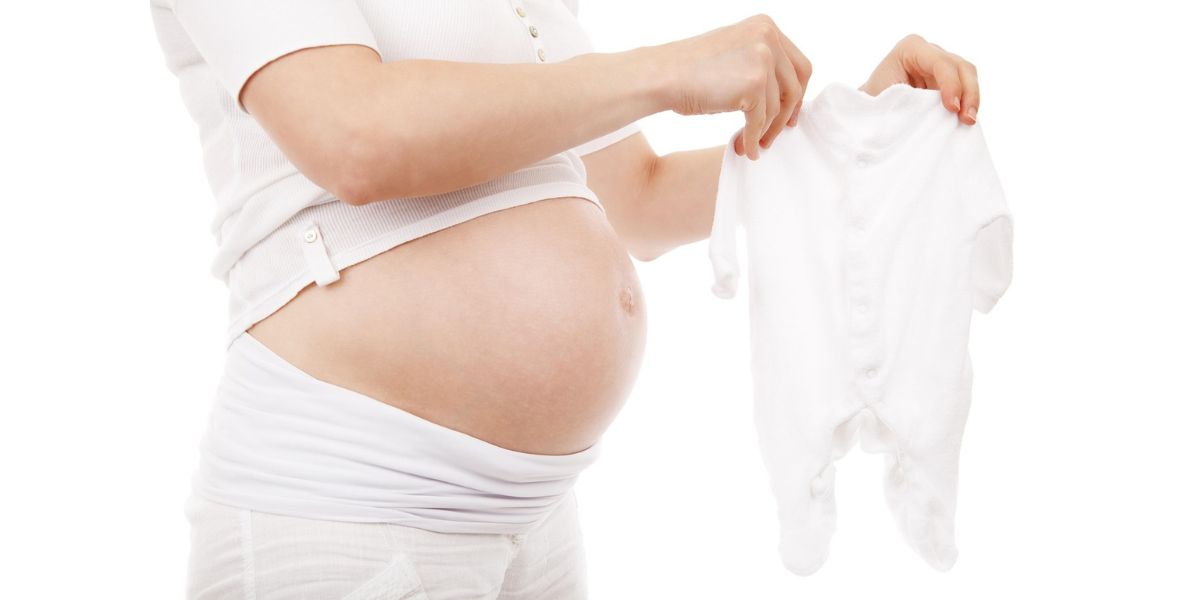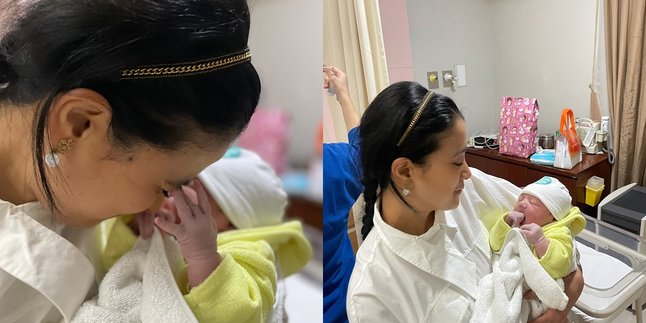Kapanlagi.com - Pregnancy is an extraordinary journey that brings many changes, both physical and emotional, for every expectant mother. In the first trimester, which lasts from the first week to the 12th week, a woman's body undergoes significant adjustments to support the growth of the developing fetus. This is when many early signs of pregnancy begin to appear, although it is not uncommon for some to be overlooked or considered ordinary health disturbances.
During this crucial phase, vital organs such as the brain, heart, and nervous system of the fetus begin to form, while the mother's body adapts to the hormonal surge that supports pregnancy. Therefore, it is very important for expectant mothers to recognize the early signs of pregnancy and understand the changes occurring in their bodies.
However, it is important to remember that not all women will experience the same symptoms. Some may only experience minor changes, while others may feel quite intense symptoms. Understanding the early characteristics of pregnancy is the first step towards a healthy and comfortable pregnancy experience.
1. Physical Changes in the First Trimester
Physical changes are one of the earliest signs of pregnancy that are easiest to recognize. From the first week to the 12th week, the body of the expectant mother begins to adapt to new conditions to support the growth of the fetus.
- Breasts Become Larger and More Sensitive
One of the first changes felt by pregnant women is that their breasts become larger and more sensitive. This change is caused by a surge in estrogen and progesterone hormones that prepare the body for breastfeeding.
- Nausea and Vomiting (Morning Sickness)
Morning sickness occurs due to an increase in hCG hormone and usually lasts until the end of the first trimester. Although called morning sickness, these symptoms can occur at any time throughout the day.
- Frequent Urination
In early pregnancy, the uterus begins to grow and puts pressure on the bladder, causing pregnant women to want to urinate more frequently. This condition is also influenced by increased blood flow to the kidneys.
2. Emotional Changes and Mood Swings
In addition to physical changes, pregnant women also experience emotional changes due to drastic hormonal fluctuations.
- Easily Changeable Mood
Surges of progesterone and estrogen cause mood swings, making pregnant women easily feel happy, then suddenly become sensitive or anxious.
- Excessive Fatigue
The body works harder to support the growth of the fetus, causing pregnant women to tend to feel more tired, even if they have had enough rest.
- Changes in Appetite
Some women experience an increase in appetite, while others may lose their appetite or develop aversions to certain foods.
3. Symptoms to Watch Out For
Although some changes are normal during pregnancy, there are several symptoms to watch out for because they may indicate health problems.
- Excessive Bleeding
Light spotting may be normal, but if heavy bleeding occurs along with abdominal pain, consult a doctor immediately.
- Excessive Nausea and Vomiting
If nausea and vomiting cause dehydration or drastic weight loss, it may be a sign of hyperemesis gravidarum that requires medical attention.
- High Fever and Infection
A fever above 38°C accompanied by joint pain or rash can be a sign of an infection that poses a risk to the pregnancy.
4. How to Maintain a Healthy Pregnancy in the First Trimester
To support fetal development and maintain the mother's health, several important steps must be taken.
- Consume Nutritious Foods
Nutrients such as folic acid, iron, and calcium are crucial for fetal development. Avoid raw foods, alcohol, and excessive caffeine.
- Regular Pregnancy Check-ups
Regular visits to the obstetrician help monitor fetal development and detect potential issues early.
- Avoid Excessive Stress
Breathing exercises, prenatal yoga, and emotional support from partners and family can help reduce stress during pregnancy.
5. When to Contact a Doctor?
Although most pregnancy signs are normal, there are certain conditions that require immediate medical attention.
- Unbearable Abdominal Pain
If the abdominal pain is very intense and accompanied by bleeding, it could be a sign of an ectopic pregnancy or miscarriage.
- Foul-Smelling and Itchy Discharge
Yellowish or greenish discharge accompanied by an unpleasant odor may indicate an infection that needs to be addressed immediately.
- Severe Headaches and Blurred Vision
These symptoms could indicate preeclampsia, a serious condition that can endanger both the mother and the fetus.
6. People Also Ask (FAQ)
Q: Does morning sickness occur in all pregnant women?
A: No, some women do not experience morning sickness at all, while others have quite severe symptoms.
Q: What is the normal weight gain in the first trimester?
A: The ideal weight gain is about 1-2 kg, but it can vary depending on the mother's body condition.
Q: Is abdominal cramping in early pregnancy dangerous?
A: Mild cramping is still normal, but if accompanied by bleeding or severe pain, it is best to consult a doctor immediately.
(kpl/rmt)
Disclaimer: This translation from Bahasa Indonesia to English has been generated by Artificial Intelligence.












